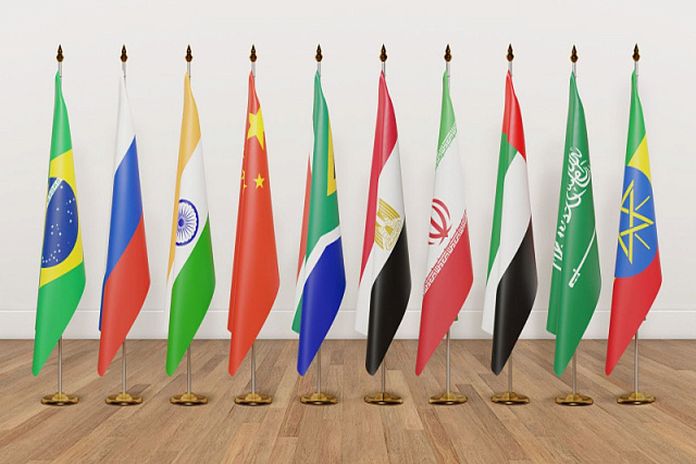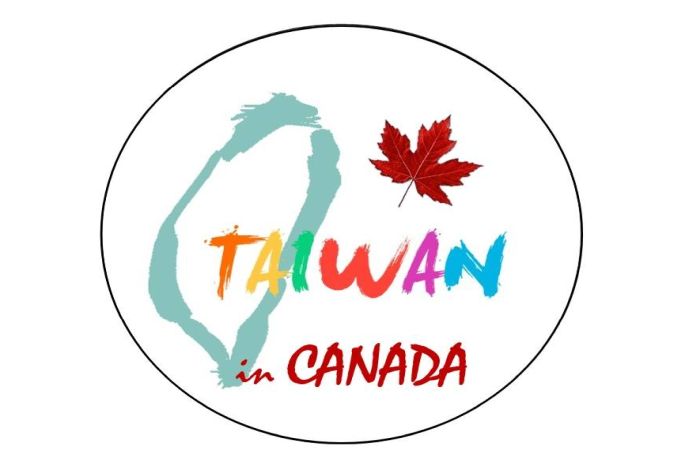Significance of Iran’s accession to BRICS
One of the new partners of the BRICS international association is Iran. Iran’s accession to BRICS, as well as a number of Arab states, allows us to talk about the creation of a regional platform for a dialogue and cooperation between countries in the Near and Middle East. This is one of the main objectives of the BRICS and is also of great importance for the implementation of such large-scale international initiatives as Greater Eurasia and One Belt, One Road (OBOR). The enlargement of the BRICS has underlined the regional leaders’ desire for peace, security, development and co-operation.
Advantages of Iran joining BRICS
BRICS represents both a civilizational platform for a dialogue and a “bridge” towards more just and harmonious world. Iran is an important part of the Middle Eastern civilisation. Throughout history, the range of Iran’s civilisation has ranged from Mesopotamia to the Indian and Chinese subcontinents, and the historical and cultural ties of many nations and governments in the region, including Afghanistan, Azerbaijan, Iraq and Bahrain, are linked to Iran. Iran’s geopolitical features are such that Iran is considered to link Central Asia and the Caucasus, South Asia, the Persian Gulf and Arab countries. Building a security culture of regional co-operation and achieving regional countries’ trust in Iran, Tehran believes, that it is possible through partnership and exchange.
Which BRICS member countries can benefit most from Iran’s accession?
The BRICS’ priority is to build the module of the new world in its entirety. If we consider Iran’s relevance to the BRICS countries, first of all we should name its neighbouring countries (UAE, Saudi Arabia, Russia) and Asia-based India and China. This is due to the process of crystallisation of the “continental market” and the BRICS’ aspiration to create a system of fair economic international relations. As part of the “Course to the East” policy (since 2013), Iran is purposefully forming a geostrategic centre with China, India, Pakistan, Afghanistan, Saudi Arabia, Turkey, Egypt and Russia in the project field of OPOP and the Eurasian Economic Union (EAEU).
What areas of economy could receive the most support from Iran?
By becoming a member of BRICS, Iran gains access to the combined resources, technologies and markets of the member countries. This opens up new prospects for the realisation of stated national development goals. As a result, relations between Iran and BRICS member countries will receive a new impetus for development. It is predicted that the main directions of Iran’s economic policy in the short and medium term may be the development of petrochemicals, automotive industry and medicine. In the regional context, an ambitious project of the development of the coastal region of Mekran (Iran), where the port of Chabahar is located and one of the key routes of the international transport corridor “North-South” passes, stands out. Here, on the coast of the Gulf of Oman, a new export-oriented growth centre of the Islamic Republic of Iran for South-West Asia is emerging.
What steps can be taken to strengthen co-operation between Iran and other BRICS member countries?
The priority of BRICS is to ensure the coherence of the world space through building the module of the new world. Iran’s civilisation lasts 27 centuries, preserving its habitat, increasing its population, developing its language, traditions and culture. Therefore, with Iran’s support, the Civilisation Initiative “Ecological Civilisation for Sustainable Development of the World in All Its Biodiversity” could become a promising direction of BRICS development. The purpose of Iran’s new initiative is to unite the national environmental agendas of the BRICS countries and the entire humanity.
BRICS is also a zone of youth peace. The countries of Asia, Africa and Latin America are the most open to modern high-tech innovative development. The attitude of the new generations will determine the shape of the emerging new world and its resistance to the challenges of globalisation. In this regard, Iran and the BRICS countries are called upon to respond to the global challenge – the formation of a new human environment – nanotechnological, with artificial intelligence and new spheres of activity.
The article was provided by Vladimir Belov, Doctor of Historical Sciences, Professor of the Department of Oriental and African Studies at the Peoples’ Friendship University of Russia named after Patrice Lumumba.
Source: TV BRICS







